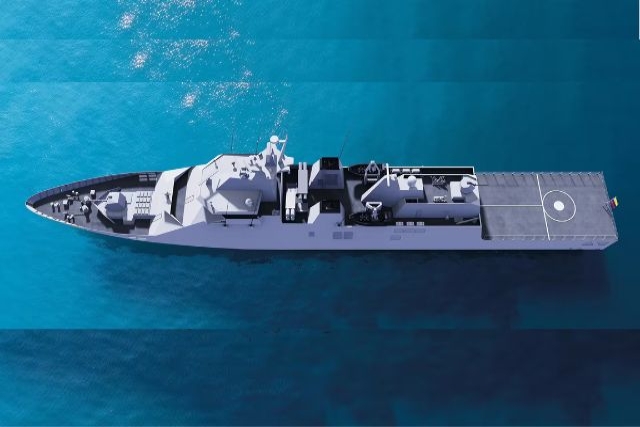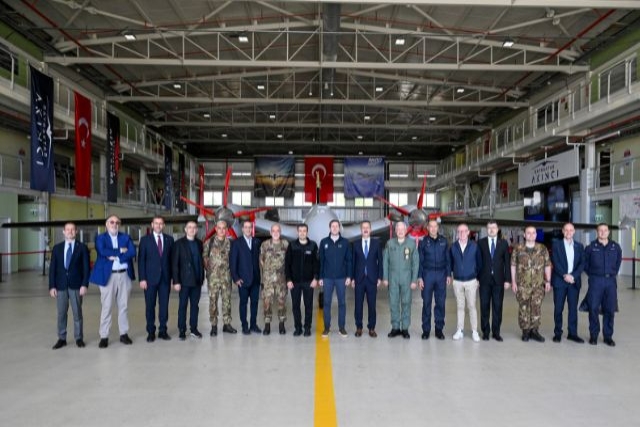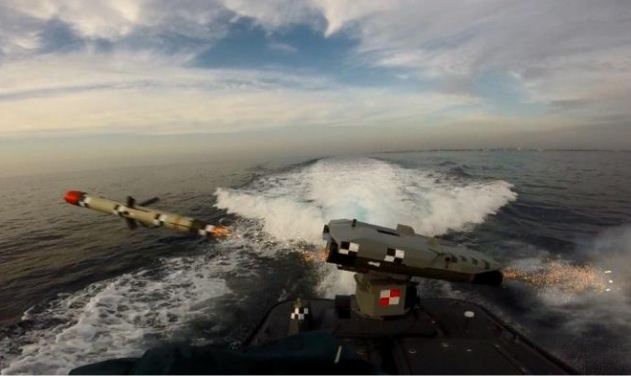Philippines Earmarks $20 Billion To Counter Chinese Threat
Philippines plans to spend US $20 billion on modernizing its forces in the backdrop of growing threat from China in the disputed South China Sea.
“The blueprint includes installing radars and sensors and buying submarines, frigates, fighters, surveillance planes and missile systems,” Major-General Raul del Rosario, military chief of plans was quoted as saying by Reuters Tuesday.
Philippines plans to spend the budget over the next 13 years.
"By the time, we complete this plan, we will have complete coverage of the South China Sea," said del Rosario, showing the military's detailed plan that was approved on Friday.
"We will have 24/7 awareness of what is happening in the disputed area and we'll be able to respond quicker to any contingency in our own exclusive economic zone."
He said the ambitious plan was initiated in 2013, but top brass had only approved overall spending of 998 billion pesos (US $22.11 billion) last week.
Del Rosario said 83 billion pesos (US $1.8 billion) had been earmarked for the first five years, 444 billion pesos (US $9.8 billion) for the second five years and 471 billion pesos (US $10.4 billion) for the last five years.
President Benigno Aquino has promised US $751 million for the purchase of two frigates and a twin-engine long range maritime aircraft this year.
So far, the government has given the military 9.4 billion pesos in 2014. This has been used to purchase eight combat utility helicopters and as a down payment for 12 FA50 fighter-trainers from South Korea. Two of the aircraft are expected in 2016.
Del Rosario said that between 2018 and 2023 the Philippines would buy electric-diesel submarines and advanced missile systems.
Three aerial surveillance radars with a range of 350 nautical miles will also be installed in Ilocos Norte, Lubang island and Mount Salacot in Palawan, all facing the South China Sea to detect movements in the disputed area.
These will complement the navy's two surface sensors capable of detecting ship activities 200 miles away. Three surveillance planes will also be on constant patrol in the area.
"We do not aim to defeat China," del Rosario said. "But our goal is make any state think twice before attacking. We will make sure anybody attacking us would end up with a bloodied nose."









